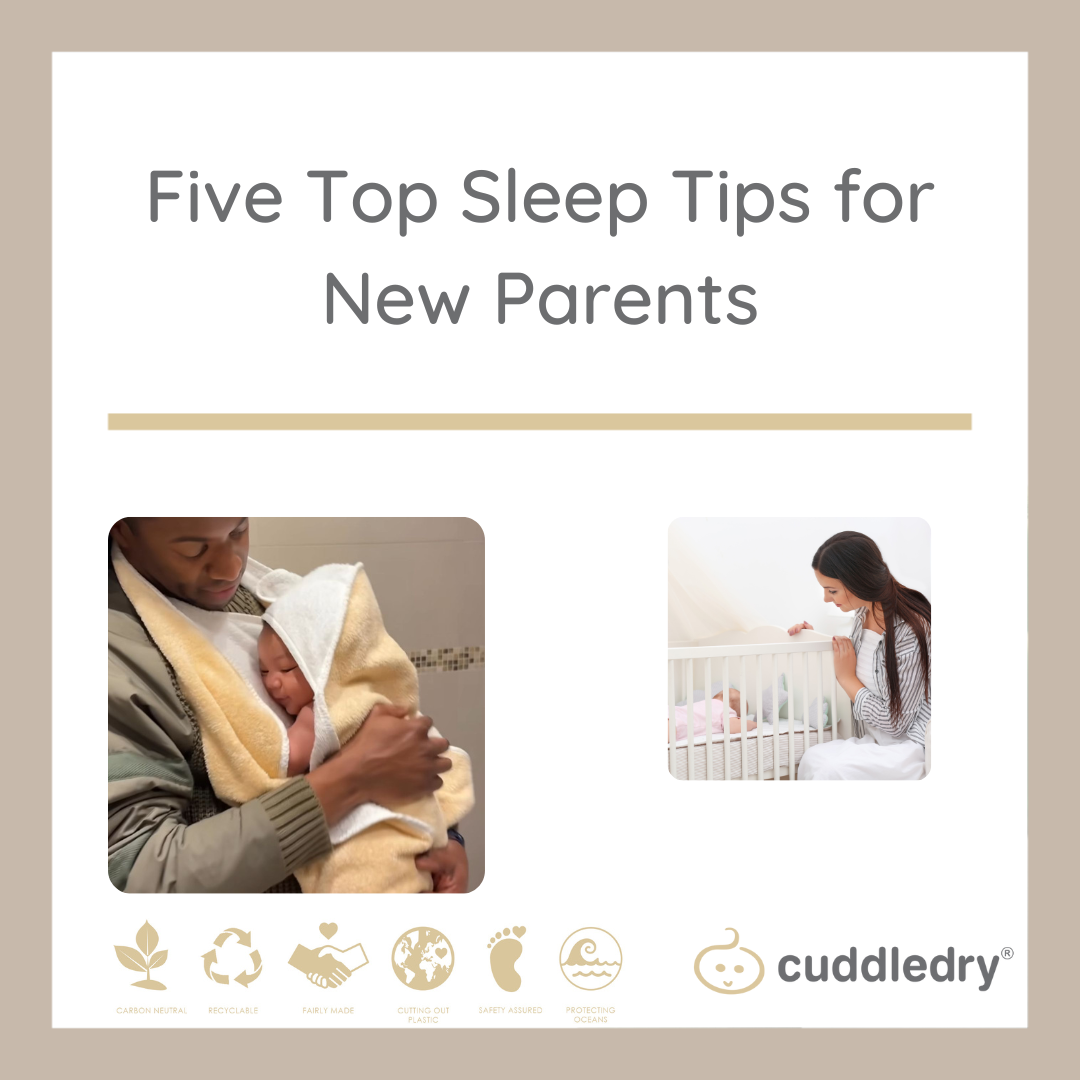
Five Top Sleep Tips for New Parents

The early days with a new baby can be a steep learning curve, and never more so than when it comes to sleep! But before you despair, we've teamed up with the fabulous Babbu to bring you five top sleep tips for new parents. This post is written by the lovely Sophie, who told us of Babbu:
“Babbu is an online learning platform designed to support, reassure and empower parents and their children in the first critical few years. Our activities respect children’s individuality allowing them to be true to themselves, and help develop their respect for others, the community and the environment. We provide tailored educational activities and content to support parents, at home – our aim is to make Early Years Education easy, accessible and fun.”
So, over to Sophie.
When you become a parent for the first time, you step into a world of startling and thrilling changes. Along with the delight of having your little one in your life who is developing every day, you may also face challenges related to feeding, entertaining, and sleeping.
Unfortunately, many new parents experience sleep problems after the birth of their baby. You might lie awake waiting for your little one to cry, or you might find it difficult to get back to sleep after a nightly feeding.
New mothers are more likely to have insomnia, daytime sleepiness, anxiety, depression, restless sleep, and exhaustion.
Your sleep, especially when you have a newborn, is important as it aids with memory formation, tissue and cell repair, and prevents you from getting sick. Getting enough sleep gives you the energy to enjoy the following day with your little one.
Between the nighttime wakings and feedings and the stress of having a child, falling or staying asleep can be difficult for new parents.
Effects of sleep deprivation

Here are a few effects of sleep deprivation that are particularly important for new parents to be aware of:
- Irritability: Lack of sleep might make you more agitated, worried, or prone to lashing out at friends, coworkers, spouses, and other family members.
- Depression, anxiety, and unpleasant moods are all more likely to occur when we don't get enough sleep. Consider consulting your GP if you show signs of poor mental health.
- Stressed and more emotional
- Unable to concentrate and make decisions
You won’t feel like this forever. Really!
Sleep tips for new parents
Sleep deprivation is expected, so we have compiled some tips for you to help you get that extra wink of sleep:
Nap when the baby naps
- Experts recommend you sleep when the baby sleeps. This can be challenging with mounting household tasks, but power naps that are 10 to 20 minutes long can help you recharge.
Be comfortable saying no
- There will probably be a lot of people who want to meet your little one, including friends, family, and other loved ones. For your baby’s immunisations, this may be ill-advised from a health point of view, but as you navigate a new life with your little one, asking to delay a visit until you and your baby have a bit more of a routine is totally fine.
Ask for help

- Sometimes it can feel uncomfortable to ask for help, but we aren’t meant to do this alone and people are often willing! Don’t be afraid to ask friends, neighbours, and family members for help when you are in need of some sleep or alone time. Making sure you have time to get outside, even for a quick stroll around the block, can have many positive effects on your mental health.
Create a good sleep environment and a bedtime routine
- Consider having one person be "on" and the other be "off," sleeping with earplugs or even in a separate bedroom so they can (hopefully) get a full night of sleep.
Some parents choose to share a bed with their babies
- If you want to do this, follow the advice provided by The Lullaby Trust. Following this advice can help reduce the risk of sudden infant death syndrome (SIDS), which is commonly known as cot death.
- NEVER put your baby to sleep on a sofa or armchair; doing so can 50 times increase the risk of SIDS.
